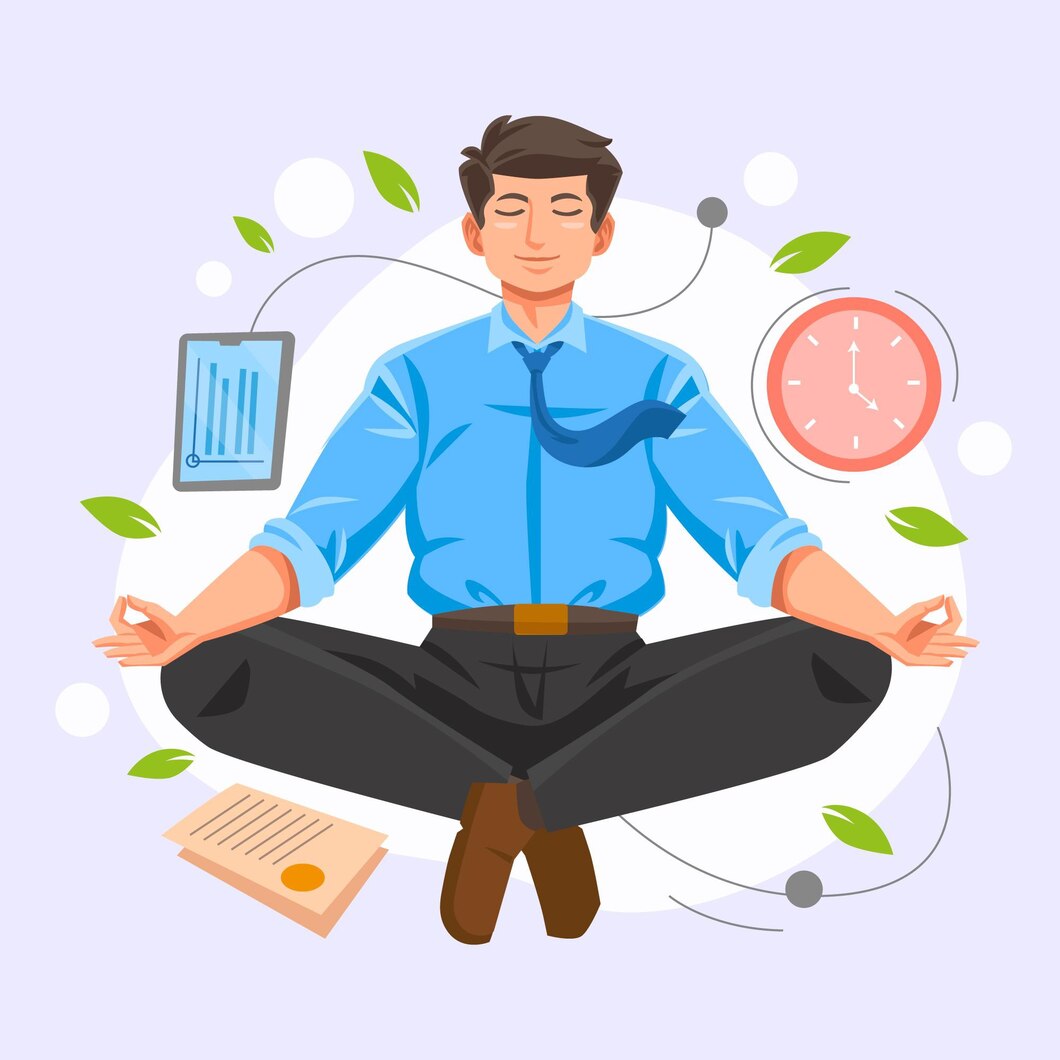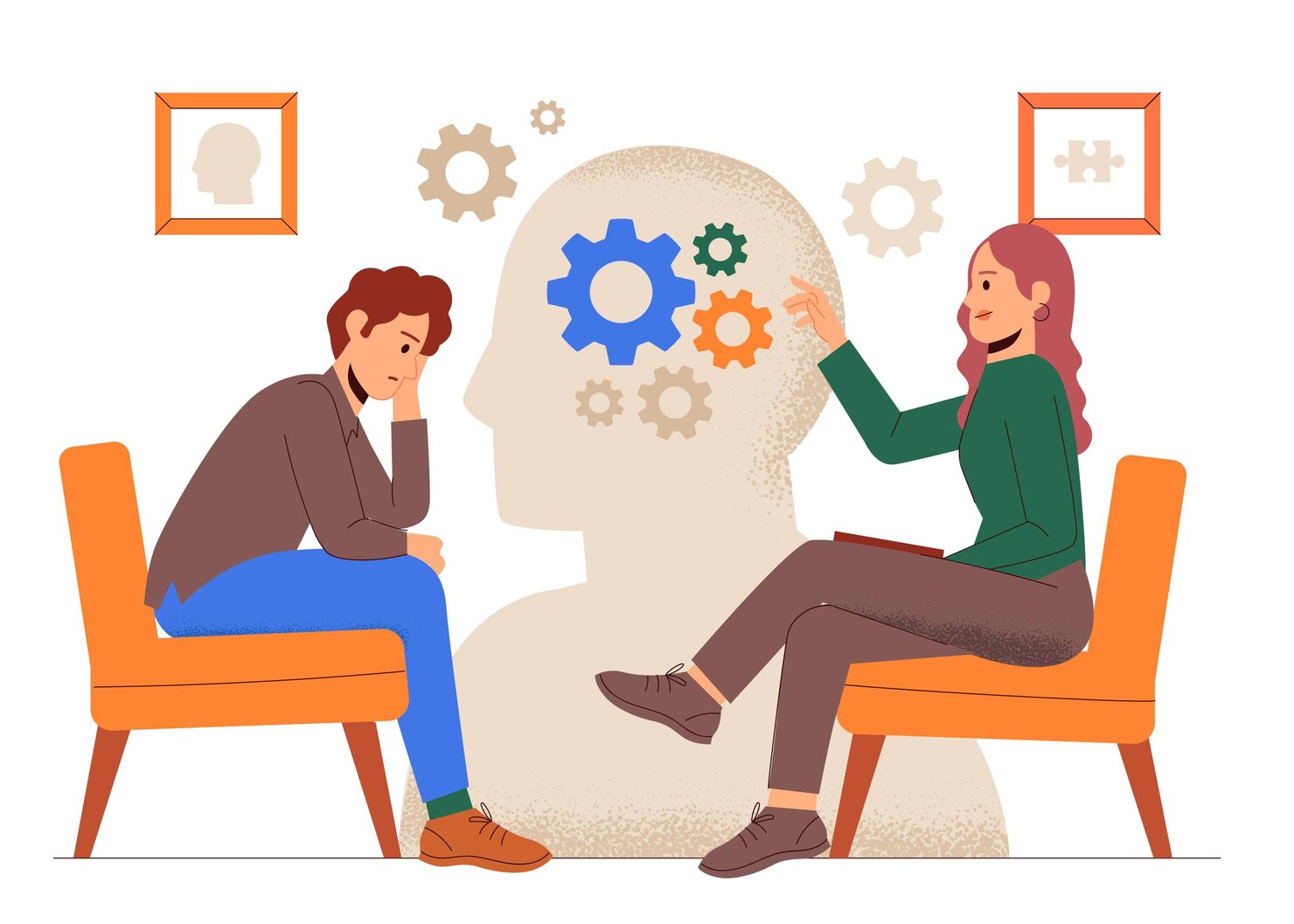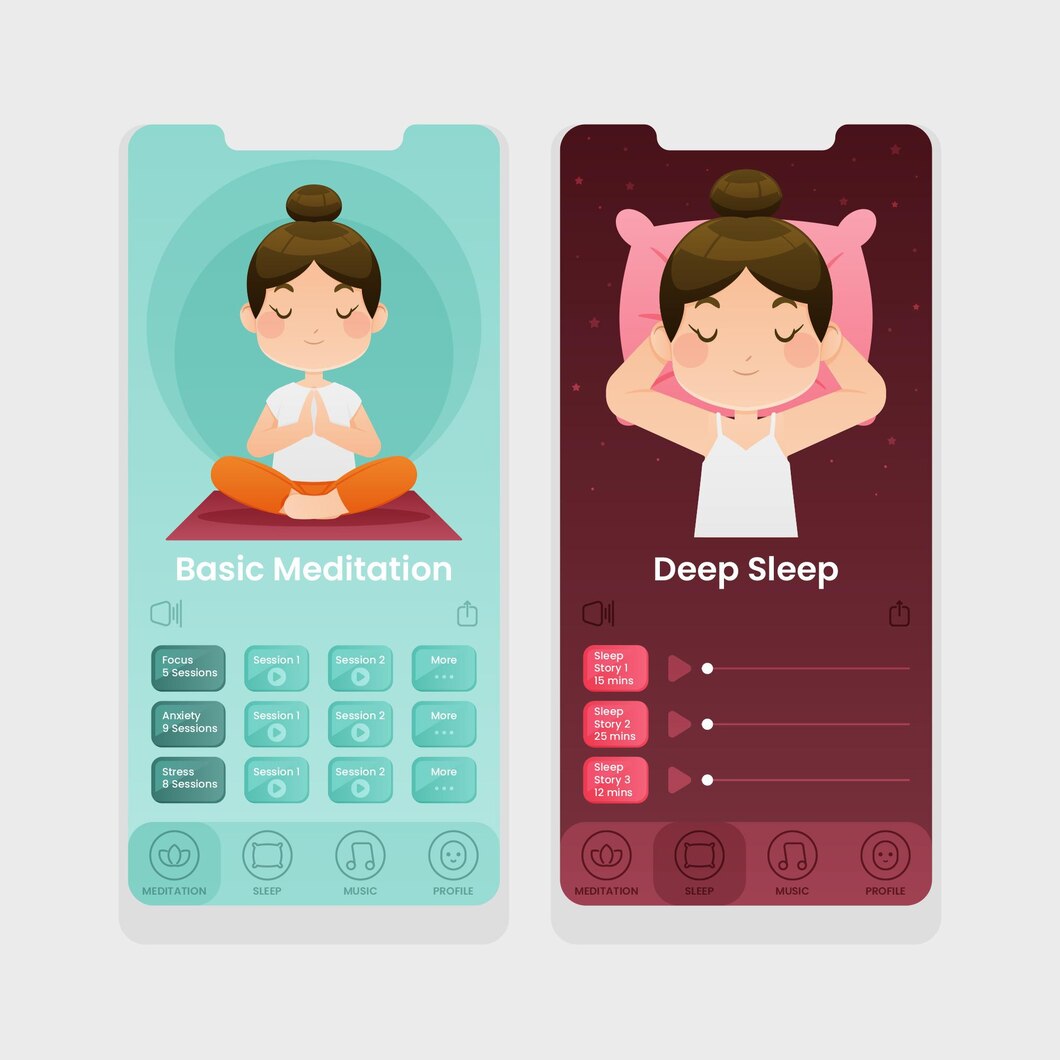Introduction
In today’s fast-paced world, stress is unavoidable—but how we respond to it makes all the difference. Mindfulness, the practice of being fully present in the moment, is a powerful tool to reduce stress, improve focus, and enhance emotional well-being.
Research shows that regular mindfulness practice lowers anxiety, boosts resilience, and helps regulate emotions. In this article, we’ll explore what mindfulness is, its benefits, and how you can incorporate it into your daily routine for a calmer, more balanced life.
1️⃣ What is Mindfulness?
Mindfulness is the practice of intentionally focusing on the present moment without judgment. It helps shift attention away from stressful thoughts and distractions, allowing you to engage fully with the here and now.
✔️ Being aware of your thoughts, feelings, and surroundings
✔️ Observing emotions without reacting impulsively
✔️ Accepting the present moment without wishing it were different
By practicing mindfulness, you train your brain to respond to stress in a healthier way.
2️⃣ How Mindfulness Reduces Stress
Mindfulness reprograms the brain to handle stress more effectively. Here’s how:
🧠 Calms the Nervous System – Deep breathing and mindfulness activate the parasympathetic nervous system, lowering heart rate and reducing stress hormones.
💭 Breaks the Cycle of Overthinking – Instead of getting lost in worries, mindfulness helps you observe thoughts without letting them spiral.
😌 Improves Emotional Regulation – Practicing mindfulness strengthens the brain’s prefrontal cortex, which helps manage emotions better.
🛌 Enhances Relaxation – Mindfulness lowers cortisol (the stress hormone), leading to better sleep and improved mood.
The more you practice, the more resilient you become to stress and negativity.
3️⃣ Simple Mindfulness Techniques for Stress Relief
🔹 Mindful Breathing 🧘♂️
A simple but effective way to calm the mind.
✔️ Find a quiet space and close your eyes.
✔️ Inhale deeply through your nose for 4 seconds.
✔️ Hold for 4 seconds, then exhale slowly through your mouth for 6 seconds.
✔️ Repeat for a few minutes, focusing only on your breath.
This technique instantly reduces stress and promotes relaxation.
🔹 Body Scan Meditation 🛌
A great way to release tension and relax both mind and body.
✔️ Lie down in a comfortable position.
✔️ Close your eyes and focus on each part of your body—starting from your toes and moving up to your head.
✔️ Notice any areas of tension and breathe into them.
✔️ Stay present and observe how your body feels.
This exercise reduces physical stress and improves mind-body awareness.
🔹 Mindful Walking 🚶♀️
Turn a simple walk into a stress-relieving mindfulness practice.
✔️ Walk at a slow, steady pace.
✔️ Focus on each step—feel the ground beneath your feet.
✔️ Pay attention to your surroundings—the sounds, the air, the movement.
✔️ Let go of distractions and fully experience the present moment.
Mindful walking grounds you, clears the mind, and reduces stress naturally.
🔹 Gratitude Mindfulness 💙
Combining mindfulness with gratitude enhances mental well-being and emotional balance.
✔️ Pause for a moment and think of three things you’re grateful for.
✔️ Feel the positive emotions that gratitude brings.
✔️ Express appreciation for small things—like a cup of tea, fresh air, or a kind gesture.
This practice rewires the brain for positivity and reduces stress.
4️⃣ How to Make Mindfulness a Daily Habit
Mindfulness isn’t just a one-time practice—it’s a lifestyle. Here’s how to incorporate it into your daily routine:
✔️ Start small – Just 5 minutes of mindfulness a day can make a difference.
✔️ Attach it to daily activities – Be mindful while eating, showering, or commuting.
✔️ Use mindfulness apps – Try guided sessions on Headspace, Calm, or Insight Timer.
✔️ Practice mindful listening – When talking to others, be fully present instead of thinking about what to say next.
Consistency is key—the more you practice, the easier it becomes to stay calm and centered.
Conclusion
Mindfulness is a simple yet powerful tool to reduce stress, improve focus, and enhance emotional resilience. Whether through breathing exercises, meditation, or mindful movement, integrating mindfulness into daily life can transform how you handle stress and challenges.
💡 Start today—pause, take a deep breath, and embrace the present moment.
🚀 Ready to feel calmer and more in control? Try a mindfulness exercise now!



